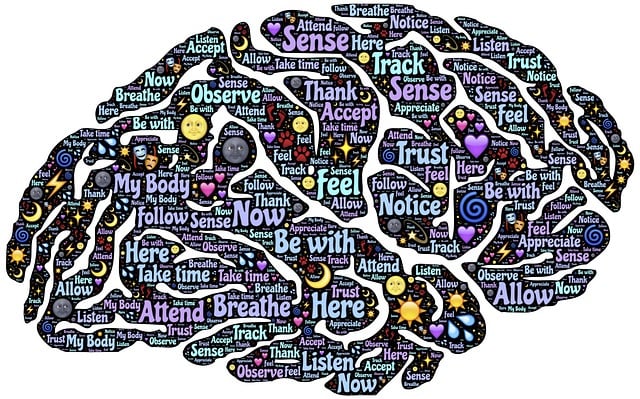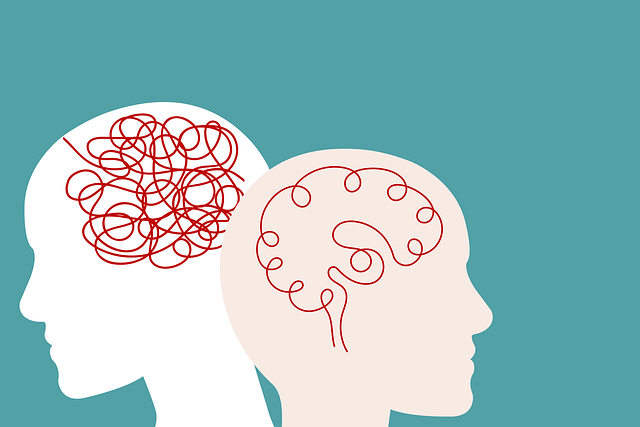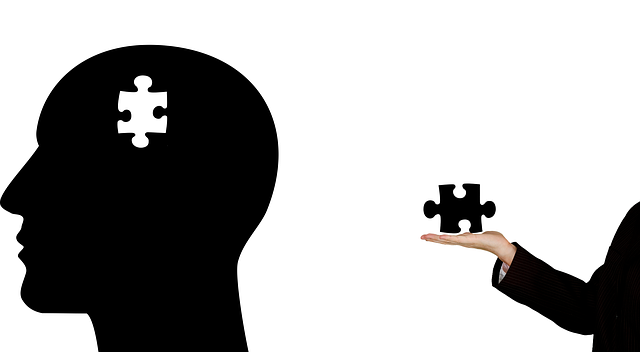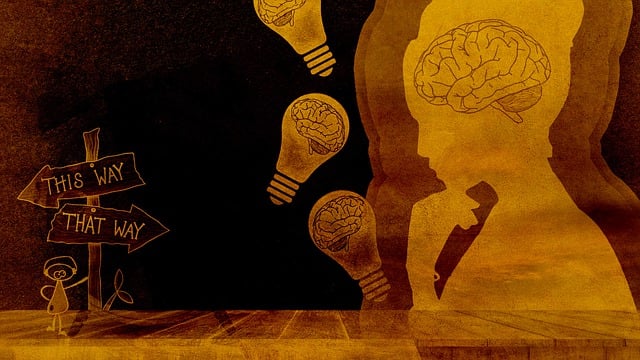Resilience, crucial for mental wellness, is cultivated through the Resourceful Fronting Method (RFM), an innovative therapy combining Eye Movement Desensitization and Reprocessing (EMDR) with self-awareness exercises. RFM helps individuals transform negative thought patterns, explore past experiences, and build personal strengths, enhancing coping abilities and fostering emotional well-being. For effective EMDR therapy tailored to your needs, consider integrating RFM principles for enhanced recovery and improved mental health outcomes.
Resilience is a vital asset in navigating life’s challenges. This article explores an effective framework, RFM (Resources, Strengths, and Goals), and its role in building resilience, particularly through the lens of Eye Movement Desensitization and Reprocessing (EMDR) therapy. We’ll delve into specific exercises that harness RFM to enhance mental health and well-being, offering a structured approach for individuals seeking to fortify their emotional resilience. Discover how this powerful combination can revolutionize your journey towards trauma recovery.
- Understanding RFM and Its Role in Resilience Building
- Exercises to Enhance Resilience Through RFM Therapy for EMDR
- The Impact of RFM on Mental Health and Well-being
Understanding RFM and Its Role in Resilience Building

Resilience is a critical component of mental wellness, enabling individuals to navigate life’s challenges and adversities with strength and adaptability. RFM (Resourceful Fronting Method) is an innovative therapy technique inspired by Eye Movement Desensitization and Reprocessing (EMDR) that focuses on enhancing resilience through self-awareness exercises. This method encourages individuals to confront and transform negative thought patterns into more adaptive and empowering beliefs, fostering a sense of control and resilience.
By combining elements of EMDR with effective self-awareness practices and empathy-building strategies, RFM offers valuable guidance for those seeking to improve their mental wellness. The therapy facilitates the exploration of past experiences, emotions, and beliefs, helping individuals understand how these factors influence their current thoughts and behaviors. Through journaling exercises that encourage reflection, one can gain profound insights into personal strengths and resources, thereby strengthening their ability to cope with stress and adversity—a key aspect of building lasting resilience.
Exercises to Enhance Resilience Through RFM Therapy for EMDR

Resilience is a key component of emotional well-being, and RFM (Resourceful Living Model) therapy offers effective strategies for building it in individuals experiencing trauma or stress. One such therapeutic approach, Eye Movement Desensitization and Reprocessing (EMDR), integrates movement and cognitive techniques to help clients process traumatic memories. Through specific exercises, EMDR facilitates the brain’s natural healing process, allowing individuals to reduce the impact of distressing events.
Incorporating social skills training alongside EMDR can further enhance resilience. By learning effective communication strategies and building a support network, individuals gain tools to navigate challenging situations. Additionally, mental wellness journaling exercises guided by a therapist provide a safe space for clients to express their thoughts and emotions, fostering self-awareness and emotional regulation—crucial aspects of managing anxiety relief and promoting overall mental wellness.
The Impact of RFM on Mental Health and Well-being

Resilience, often defined as the ability to adapt and bounce back from adversity, is a crucial aspect of mental health and well-being. Among various tools that foster resilience, RFM (Recovery-Focused Management) stands out as an effective approach. It shifts the focus from managing symptoms to cultivating strengths and resources, enabling individuals to navigate life’s challenges more effectively. By promoting self-compassion, hope, and a sense of control, RFM empowers people to recover from traumatic experiences and mental health conditions.
This method is particularly beneficial for those seeking therapy for EMDR (Eye Movement Desensitization and Reprocessing), a form of trauma therapy. Integrating RFM principles into EMDR treatment enhances emotional regulation by teaching individuals compassionate self-talk and coping strategies, thereby reducing the risk of adverse mental health outcomes. Furthermore, compassion cultivation practices within RFM create a safe space for clients to explore their emotions without judgment, fostering a deeper connection with themselves and building resilience that extends beyond therapy sessions. Additionally, a thorough risk assessment for mental health professionals is essential to ensure they can effectively guide individuals through these exercises while addressing potential challenges or setbacks.
Resilience is a key component in navigating life’s challenges, and RFM therapy for EMDR offers a powerful approach to building this mental fortitude. By integrating resilience-focused exercises into treatment plans, mental health professionals can empower individuals to confront and overcome traumatic experiences. The benefits of RFM extend beyond emotional healing, contributing to improved overall well-being. This evidence-based method provides a transformative path towards a more resilient and fulfilling life.












